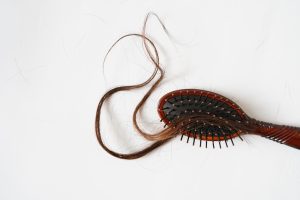Groundbreaking Research Links Nose Picking to Alzheimer’s Disease.
Others are reading now
A report that shakes the scientific community was compiled by researchers at the University of Western Sydney and published in the journal Biomolecules at the end of last year.
According to the research findings, people who frequently pick their nose are at a higher risk of developing Alzheimer’s disease.
“The neuroinflammation in Alzheimer’s disease may be partially caused by viral, bacterial, and fungal pathogens that enter the brain through the nose and olfactory system,” the report states.
Chronic nose picking, medically known as rhinotillexomania, introduces bacteria into the nasal cavity that cause inflammation in the brain, which has been linked to the onset of Alzheimer’s disease.
Also read
Over 6 million people live with the disease, which primarily affects individuals aged 65 and older. Scientists have observed an accumulation of a protein called tau in the brains of patients, associated with the body’s immune response. When immune system cells are activated by invasions too frequently, researchers believe it can lead to various diseases.
The authors of the latest report supported this theory, indicating that changes in the nasal environment caused by the overgrowth of microbes could be the source of chronic, mild brain infections. Such infections may exist seemingly without external symptoms but can cause inflammation, leaving behind harmful proteins that contribute to the development of neurodegenerative diseases, including Alzheimer’s disease.
A variety of common pathogenic microorganisms have been found in the brains of individuals with Alzheimer’s, such as the bacteria that cause pneumonia, the herpes virus, and the coronavirus.
With prevention in mind, researchers urged for regular hand washing. They wrote: “One of the lessons learned from the coronavirus pandemic is the value of hand hygiene through frequent washing and the use of hand sanitizers. We suggest these procedures be mandatory for incurable pickers.”








